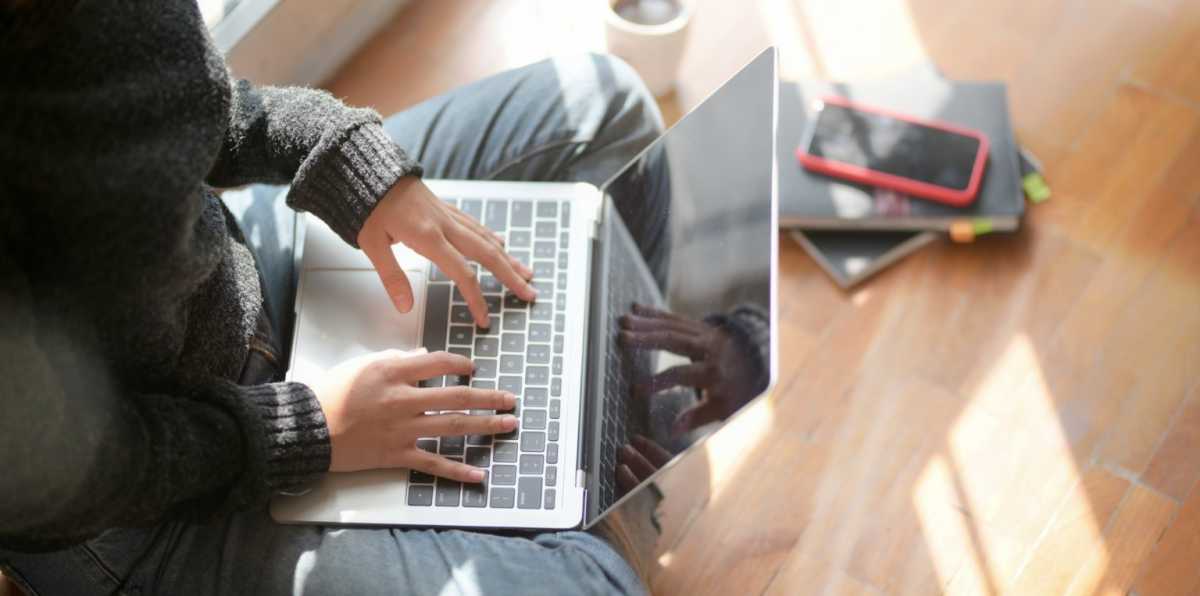BY JESSICA PARKS
As Brooklynites continue to shelter in place to stem the spread of the novel coronavirus, mental health advocates worry about the range of new problems compounded by pandemic, and by the absence of people’s everyday coping mechanisms.
“There is a whole host of things that people are experiencing, whether you are someone who has been sick or lost a loved one and not being able to grieve properly,” said state Senator Andrew Gounardes. “That takes an immense emotional and psychological toll on someone.”
Many mental health agencies, such as Brooklyn Counseling Services, have moved their services online. The center — with locations across the borough, including within Gounardes’ district in Bay Ridge — is offering online support groups and remote counseling services for people who are dealing with anything from long days of loneliness to grieving the death of a loved one.
“We are doing a lot of free, online groups so people can connect for bereavement, parenting and social isolation,” said Dr. Nicoletta Pallotta, the organization’s founder and director. “All those things can give people an outlet.”
The free support groups provide a space for people to talk about their experiences and emotions, while connecting with others — a method Pallotta said is often the most effective form of therapy when coping with feelings of stress and anxiety.
“Talk, talk, talk. I think the more we talk about our feelings, the more we are going to be able to get that out of our own heads,” Pallotta said. “No feeling is wrong or right, it’s your feeling.”
To bring attention to the heightened issue, Gounardes teamed up with Councilman Justin Brannan, Executive Director of the New York City chapter of the National Alliance on Mental Illness Matt Kudish and Pallotta to host a mental health webinar on Facebook on April 13.
“It is almost as if the physical distancing added a lot of stress and anxiety to people,” Gounardes told Brooklyn Paper. “This crisis really magnifies the importance of talking about and focusing on mental health no matter where people are or what they’re feeling.”
Brannan told Brooklyn Paper that one of the most important things to remember during this time is that “there is no playbook.”
“There’s no right or wrong way to feel right now,” he said. “Over the course of just a few hours, you may go from feeling optimistic to feeling absolutely hopeless. I think processing this global pandemic and what it means is a lot like grief itself in that everyone is going to cope differently, in their own way, at their own pace. And I think part of coping is understanding that no matter how you feel, it’s perfectly normal.”
Pallotta said people in self-isolation often feel stripped of their usual outlets for coping with negative thoughts, which, in turn, further intensifies those feelings.
“I think anyone who has any anxiety previous to this, it just increases it,” Pallotta said of the ongoing pandemic. “Being restricted and staying at home doesn’t give you an outlet to cope in so many ways. All the things we normally do have been taken away from us.”
The longtime Brooklyn counselor recommends creating as much normalcy in everyday life as possible to maintain structure, which she said can be a major foundation for coping during coronavirus.
“Normalize as much as possible. Make sure you eat right, go to bed at the same time,” Pallotta said. “I find that some of my clients who are not doing that — going to sleep late and getting up late — their anxiety levels were higher. We are creatures of habits and we like having some structure.”
For those who may have experienced a dramatic change due to the pandemic, such as the loss of a job, Pallotta suggested filling time trying to learn something new which could possibly make a positive change once things return to normal.
“Isn’t a perfect time to take a class online and learn something new?” said Pallotta. “Take advantage of it, keep your mind stimulated and maybe when all of this is over you might want to take a new journey in your career.”
For those seeking services, Gounardes’s office has compiled a comprehensive resource guide on mental health programs available for city dwellers amid the pandemic, which includes online art therapy groups, meditation apps and bilingual services. Brannan’s office has also vowed to connect constituents to crucial mental health services.
But, through it all, Pallotta, Gounardes and Brannan all stressed, one thing is for certain: nobody is alone.
“We are all living through and experiencing something that is completely surreal; we’re all surrounded by loss, desperation, and restlessness,” Brannan said. “It’s just important to remember that we absolutely will get through this and we will all come out stronger on the other side. We’ve gotta just hang in there, check in, and be there for each other.”
This story first appeared on brooklynpaper.com.


































